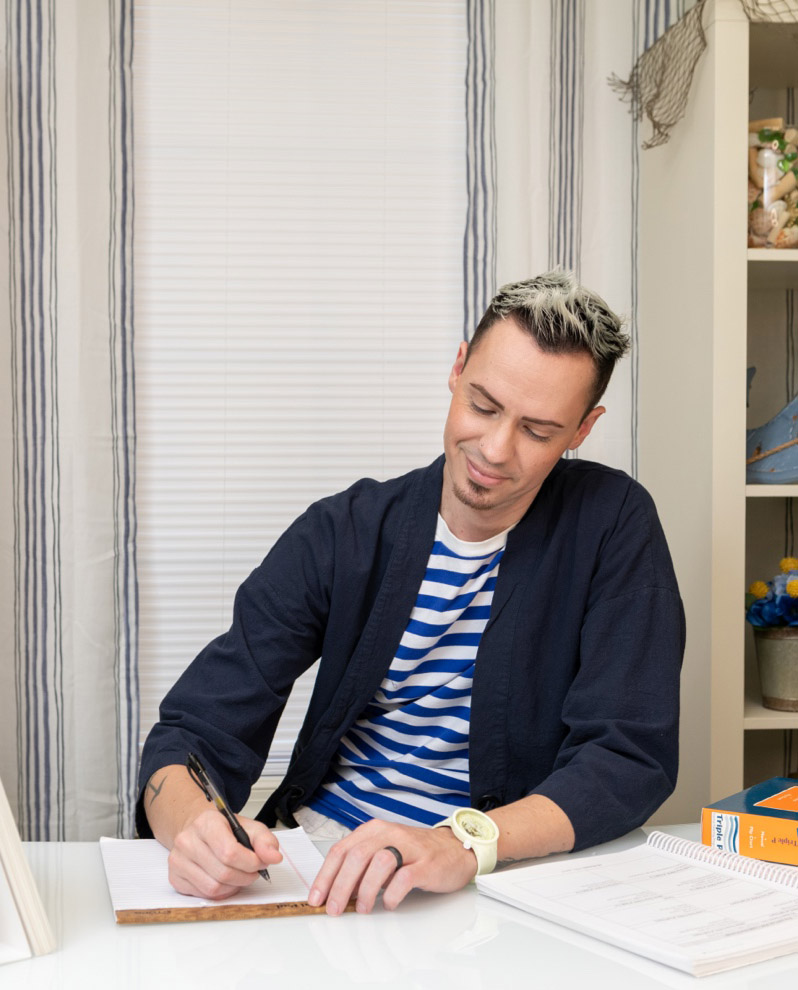Feeling “Stuck” in Therapy
Are you feeling “stuck” in therapy? You’re not alone! Many teens and young adults find themselves struggling to make progress as they navigate the therapeutic process.
It can be frustrating when it seems like nothing is changing, or you find yourself going back to the same old patterns of thinking and behaving.
It’s important to remember that therapy is a journey, and it takes time and great effort for things to change. Even if you don’t feel like anything has improved yet, there are still steps that can help move things forward. Changing core beliefs and behaviors are some of the most difficult things in life to do, so it’s normal and expected to find yourself getting stuck once in a while. Rest assured, your therapist is expecting these moments to come up, and is well prepared for having this conversation with you. Here are some tips on how to get “unstuck” in therapy:
Sharing journal entries, school projects, or creative endeavors during sessions may also provide an opportunity to explore the depth of the issues that are coming up and why it can be difficult to make changes.
Communicate Openly with Your Therapist – If something isn’t working or if something feels off during a session, talk about it with your therapist honestly and directly, so they know how best to help you going forward. You are the expert in being you, and therapists rely on your feedback in order to help you more effectively. This open communication will lead the way towards better understanding between both of you, which brings more clarity around why certain techniques or strategies may not be working as well as others.
Find New Ways of Expressing Yourself – Sometimes we get stuck because our old patterns keep us from making changes, even if we really want things to change. Try writing down or taking notes of what comes up for you outside of sessions instead of trying to talk through them all at once. This allows for further reflection outside of the session itself, which may increase insight into where there may still be some obstacles in implementing changes. Sharing journal entries, school projects, or creative endeavors during sessions may also provide an opportunity to explore the depth of the issues that are coming up and why it can be difficult to make changes.
Take Small Steps Towards Change – Small steps add up! If big changes seem too overwhelming right now then focus on small achievable goals. Even just one step closer each day will add up over time. It may also be helpful to review your treatment plan with your therapist, so that you can both be reminded of your goals and how you are tracking your progress. You may be surprised to learn that you have actually made progress on several goals, and it is motivating to acknowledge that progress! Ultimately, getting “unstuck “in therapy can require some patience, self-awareness, a willingness to take risks, and an openness to exploring new or different approaches to the work that you are doing with your therapist. This is a healthy and normal part of the change process, and something that you and your therapist can address together!



